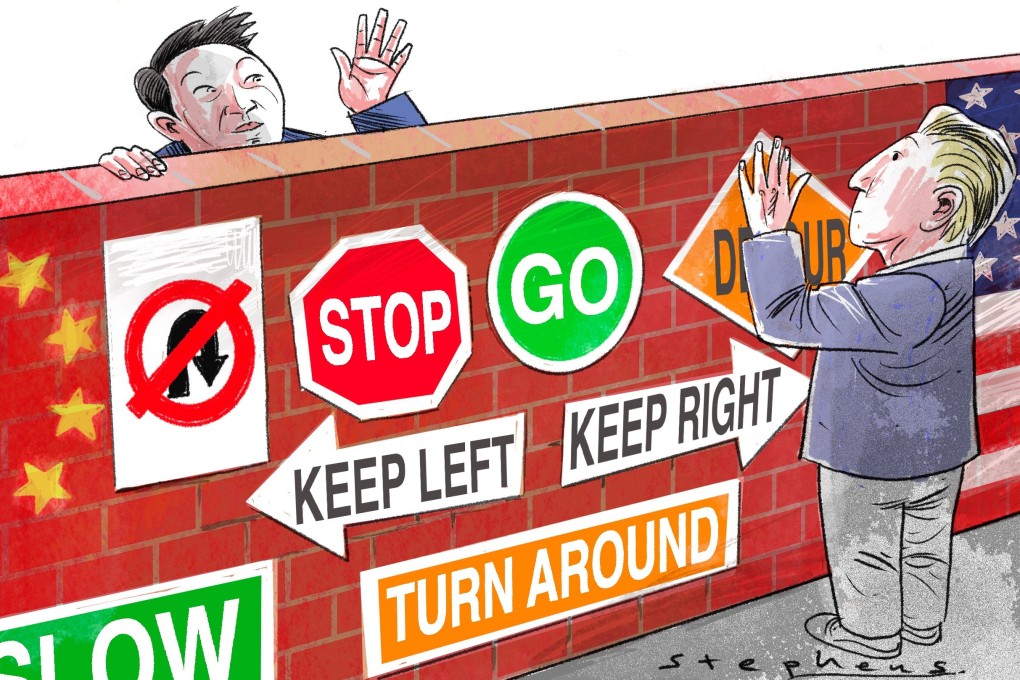Advertisement
Opinion | Mixed messages undermine US-China rebuilding of people exchanges
- China needs to reverse the atmosphere of intimidation felt by academics, journalists and businesses while the US must change its gruff approach
Reading Time:3 minutes
Why you can trust SCMP
4

For the past few months, it has looked as though there may be something of a spring thaw in the US-China relationship. Chinese diplomats have lauded the San Francisco vision, referencing the meeting last November between US President Joe Biden and Chinese President Xi Jinping, which aimed to set guardrails on strategic competition and rebuild ties at the highest level.
Xi called for 50,000 American students to come to China in the next five years, sending China’s educational bureaucracy into a frenzy. He met high-level US business executives, first in San Francisco, then in Beijing months later.
The following months saw moderate progress and more diplomatic visits at the highest levels, including increased Chinese efforts to curb the flow of fentanyl precursors to the United States.
Panda diplomacy is back as well – Washington’s National Zoo just announced that giant pandas will be coming from China by the end of the year. Pandas may be of no strategic importance but in some way, they symbolise the tenor of the US-China relationship. The more pandas in American zoos, the more the two sides seem to be getting along.
Yet there is also something deeply incongruous about China’s diplomatic efforts of late.
Soon after having couples’ wine and cheese with French President Emmanuel Macron and his wife Brigitte in the Pyrenees, Xi rolled out the red carpet for Russian President Vladimir Putin in Beijing. Days later, the People’s Liberation Army encircled Taiwan in a series of “punishment” drills, warning new Taiwanese leader William Lai Ching-te that “those who play with fire will burn themselves”.
Advertisement
